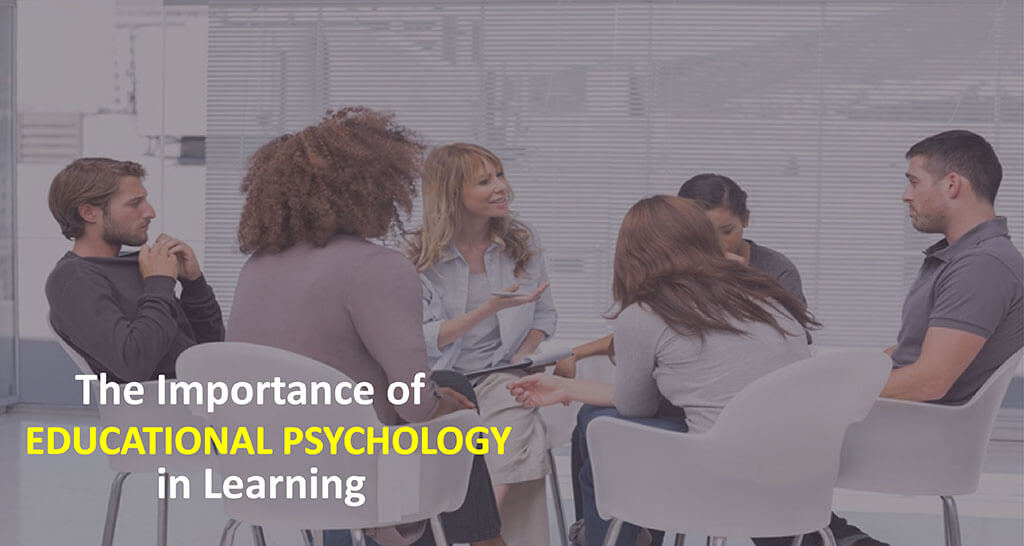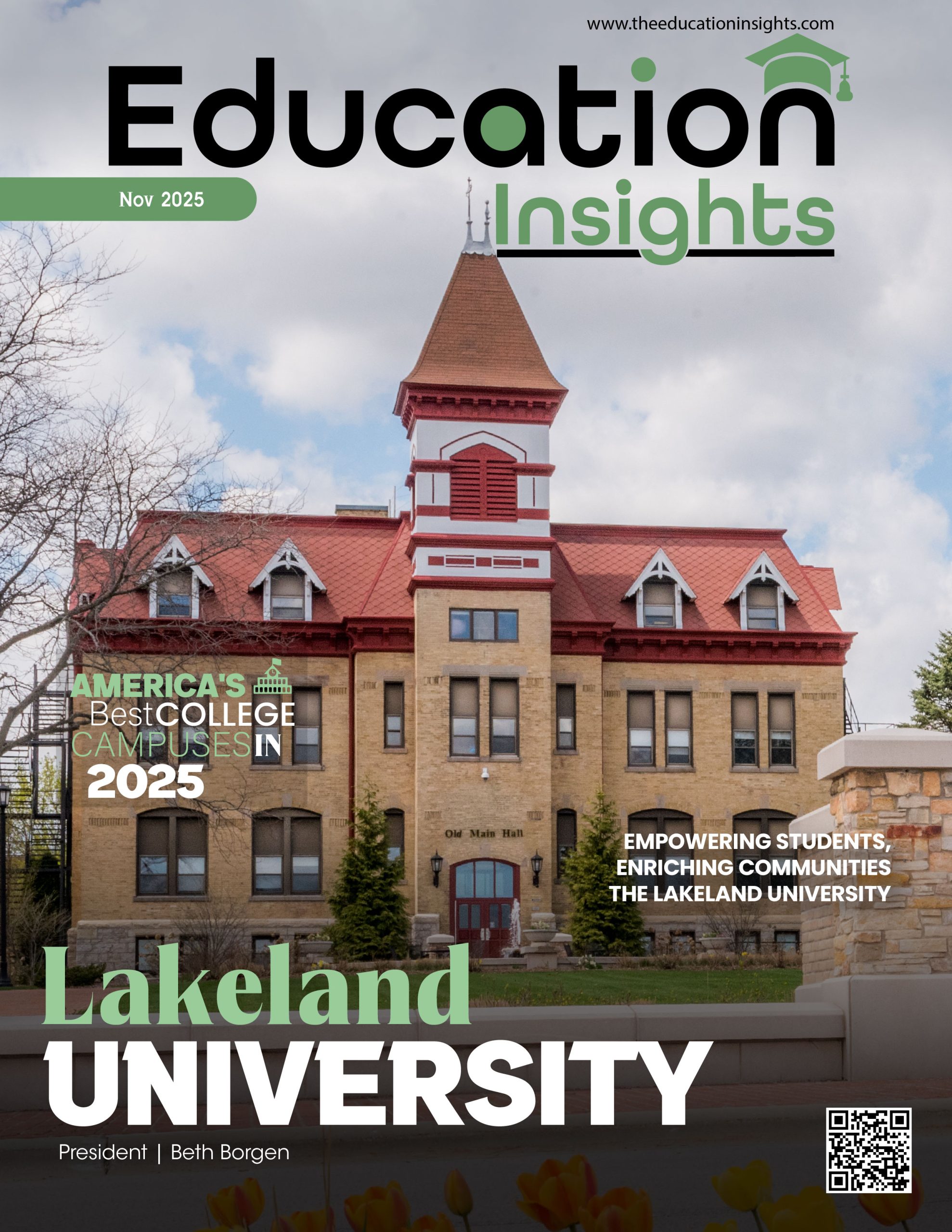The subfield of psychology known as educational psychology is still relatively new, but it has seen a surge in interest over the last several years. It does this by using the principles of psychology to understand how individuals learn. How the mind of each person processes information is unique. When we have a greater understanding of how another person’s mind functions, we are closer to reaching our goal of producing the finest possible outcome. The field of educational psychology is beneficial in this context since it improves both the learning results and the teaching procedures.
This subfield of psychology is becoming an increasingly vital area of study in today’s world. Every single kid is working hard to achieve academic success. In addition, school is not the only setting in which one may learn; learning can also take place in the workplace. It doesn’t matter whether you’re learning how to drive, cook, or write code; there is always something new to learn daily. The field of educational psychology is gaining ground in our daily lives as a result of the intense competition that exists in the field of education.
The role that educational psychology plays in the process of learning
The field of educational psychology is helpful in a variety of contexts. Let us, however, investigate its breadth in more depth about the following aspects of education:
Development of the learner:
- The educational psychologist attempts to comprehend the learner’s inner characteristics.
- Life experiences from infancy to the present.
- Behavior in diverse contexts.
These insights enable them to personalize learning programs to suit the learner and contribute to the student’s overall growth.
Practical learning experiences: Educational psychology identifies methods for making learning experiences effective and pleasurable. It helps determine which experiences are necessary at which stage of the learner’s development to acquire good ideas at an appropriate age.
The development of learning processes: Educational psychologists play a significant role in developing novel learning processes based on the features and talents of the particular learner. This may include developing novel approaches to memorization, reasoning, thinking, seeing, or solving problems.
External environment: Not only the person’s features but also the external environment may affect the results of learning. Their ability to learn is impacted by a variety of elements, including the setting of the classroom, the dynamics of the team, their communication abilities, and how information is distributed. People can study and achieve to the best of their ability if they are supplied with an environment conducive to their goals. Educational psychology contributes to the development of an atmosphere that is conducive to learning.
Personality development: Educational psychology has the potential to influence a child’s personality development from a highly young age forward. The child’s entire development may be helped by using the appropriate strategies and creating an educational setting that is founded on psychological concepts.
Psychological health: The modern world is an increasingly demanding and competitive environment. We neglect our mental health to keep up with everything, which ultimately leads to feelings of exhaustion and depression. The unfortunate truth is that today’s schoolchildren also face this unfortunate reality. Educational psychologists may be a lifesaver by giving students appropriate counsel and straightforward educational options. This is also true in the workplace, where individuals may need counseling to manage difficult situations effectively.
Getting used to a changing education system: How schools teach is also changing. The conventional classroom environment is being rapidly phased out and replaced with “smart classrooms” and “online learning.” Research on emerging pedagogical practices, teaching, and learning, is required to adjust to these shifts. The study of educational psychology looks at how technology may be used to make education more effective.
Creating a new instructional plan: Educational psychology may also help rethink the educational plan that is already in place at a school and determine the most effective means by which students can be instructed to achieve their goals. In today’s world, creating educational content may be done in various ways, including audio, video, quizzes, presentations, case studies, etc. Educational psychology seeks to determine the optimal way to combine these various approaches to maximize learning effectiveness.
Redesigning teaching for people with special needs: Educational psychology can also be used to develop new ways to teach people with special needs.
To summarise, educational psychology’s primary focus is on understanding the behaviors associated with learning. It has made a substantial contribution to the improvement of the educational system as a whole. Additionally, it takes into account each individual who is engaged in the teaching and learning process. As a result, educational psychology contributes to children’s maturation into responsible and well-educated individuals, ultimately resulting in a wealthy society’s growth.










